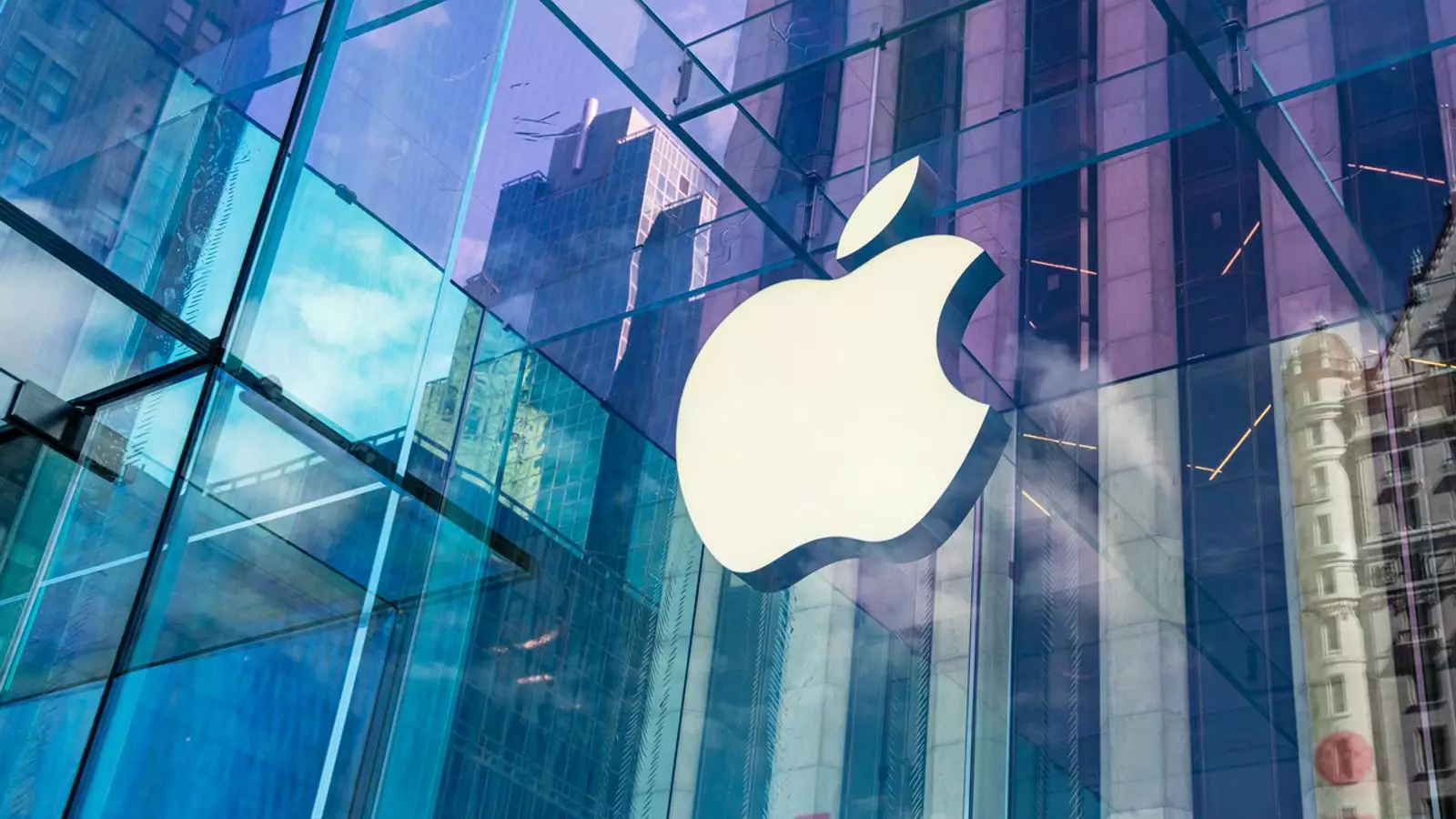In a significant move that has pivotal implications for digital privacy, the UK government has reportedly mandated Apple to facilitate access to the encrypted data of its users globally. This demand is rooted in a Technical Capability Notice (TCN) requiring Apple to provide the government with a blanket capability to access users’ encrypted data, which has sparked an intense debate on privacy, security, and governmental authority. Unlike the conventional perception that only the account holder can access such protected data, under this proposed system, the barriers that safeguard user information could potentially be eroded, raising profound concerns about civil liberties.
The TCN allegedly directs Apple to compromise its well-publicized system of encryption that has been crucial in protecting user information. The TCN is not a public document, and as such, the lack of transparency surrounding its details adds to the confusion and apprehension generated by this demand. While Apple has yet to officially comment on this issue, various news outlets have confirmed the government’s pursuit of the decryption agenda. The Home Office has maintained a silence on the matter, which exemplifies the tension between governmental authority and tech giants like Apple.
This scenario is not merely an isolated incident; rather, it is part of a broader dialogue encompassing the relationship between technology companies and government agencies. The UK government’s stance reflects a desire to utilize encryption-breaking capabilities for reasons they deem praiseworthy—protecting children, fighting crime, and maintaining public safety. However, the broader implications of such powers are embroiled in a complexity that cannot be overlooked.
Privacy Concerns Gaining Momentum
Opponents of the UK government’s tactic argue vehemently against compromising encryption standards, emphasizing that such actions infringe upon individual privacy rights. These critics point to the potential threats that divulging encryption access could pose to sensitive parties, including whistleblowers and journalists, whose safety relies on the confidentiality of their communications. The prevailing belief is that if the government can access encrypted messages, the risk exists for malicious entities to exploit similar access pathways, thereby increasing the vulnerability of all users.
Moreover, there is a tangible risk that if the UK sets a precedent for this kind of interference, other authoritarian governments, such as China, may follow suit. The concern extends far beyond national borders; it touches on an existential dilemma wherein user privacy could become a bargaining chip in international politics. As nations grapple with the balance between security and civil liberties, the potential for a domino effect hangs heavily over the discourse surrounding encryption.
Apple’s advanced data protection features are a stark reminder of the security benefits provided by end-to-end encryption. Under this system, data transferred between devices is only accessible to the intended recipient, rendering it nearly impossible for third parties—whether governmental or otherwise—to decipher the information. As users are reassured that even in instances of data breaches, the information remains protected, the vulnerability posed by government demands to access such data raises pressing questions.
With the backdrop of the UK’s Investigatory Powers Act of 2016, which grants the government authority to issue such orders to international companies, Apple’s current stance against compliance emerges as a significant point of contention. Apple argues that succumbing to this demand would be akin to undermining human rights, fundamentally altering the narrative around user rights in the digital domain.
The Balancing Act Between Security and Privacy
In pursuing technological reform aimed at enhancing public safety, the UK government has encountered a dilemma: how to balance legitimate security concerns against the fundamental rights of individual privacy. Apple’s opposition to the TCN reveals a philosophical divide that reflects wider societal debates on privacy rights and governmental overreach. A notion eloquently stated by Apple is that it should not be empowered to dictate how users worldwide can manage their data security.
The Labour government has amplified its criticism of technology companies, advocating for regulation that may ultimately conflict with the encryption standards of firms like Apple. Amid calls for tighter controls on social media and tech firms to eliminate harmful content, the broader implications of disrupting encryption mechanisms remain a focal point of contention.
As the global conversation surrounding encryption intensifies, the consequences of the UK’s order could resonate far beyond its borders. The potential erosion of encryption poses a troubling precedent for digital rights, privacy standards, and the relationship between technology and governance. Ultimately, the outcome of this ongoing debate will significantly shape the landscape of digital privacy, prompting a reevaluation of the limits of government intervention and the sanctity of personal data in an increasingly interconnected world. The resolution appears not only essential for Apple and its users but for the future of how privacy is understood and protected in the digital age.

